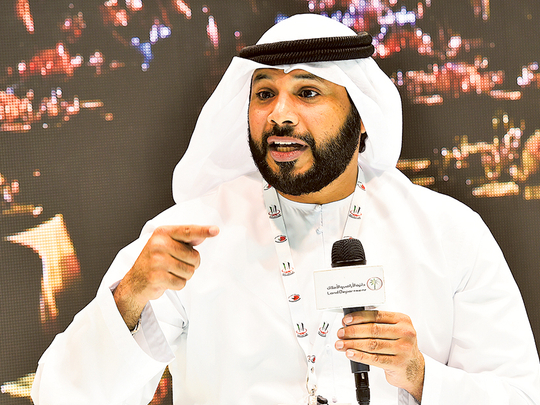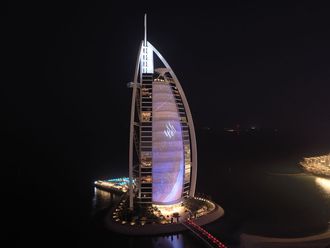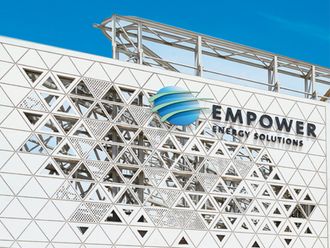
Dubai: The frequency with which Dubai’s developers are now offering post-handover payment schemes to buyers in off-plan sales should be a cause of concern, according to a top government official. It could pose a problem for the overall realty market if there is a sudden spike in buyers failing to meet these commitments to developers.
“Developers are allowing 50 or 60 per cent of the payments from investors to come in after the completion,” said Marwan Bin Galita, CEO of Rera (Real Estate Regulatory Agency). “This is what’s most worrying for me right now – it’s nothing to do with the developer or the contractor, but related to the investor."
“Developers are free to go for any marketing scheme that will help them sell… it’s not Rera’s responsibility to oversee these. But the developers better ensure that investors’ dues are received,” Galita said.
The practice of “back-loading” instalments two or three years after the completion has really taken hold with recent off-plan launches, and even those from master-developers. In a market where buyers have been circumspect about committing, this incentive of spreading their payments has a good chance of clicking. “I will not be too worried if the upfront payments each 50 per cent… it shows the investor is committed,” the Rera chief added.
Bin Galita said that 38 projects were launched in Dubai in the first quarter, while 46 projects were completed last year. A substantial Dh29 billion are in various escrow accounts that developers have for their projects.
“We now require extra guarantees from developers and contractors to make sure what they do gets completed,” he added. “The contractors’ financial stability and delivery record on previous projects are assessed. They also need to commit 10 per cent as financial guarantee.”
This is on top of requirements that land for the project must be fully paid up and that developers need to have a construction guarantee amounting to 20 per cent of the value. “There are developers who have provided 40 per cent and more as financial guarantees… there was one developer who put 100 per cent.
“If there was lots to worry about in 2008, it’s not the case anymore. There’s no crisis — the right systems are in place.
“Developers are not only thinking of selling as was the case before… the focus now is on completion.”
On Sunday, the Dubai Land Department confirmed that there were Dh55 billion worth of transactions across all categories in the first three months. This was down from the Dh64 billion in Q1-15, but well within expectations given the soft selling environment prevailing in recent quarters.
“This is a mature market and showing a real number of transactions… today, the projects are launched for completion.”
Developers should think out of the box on service charges
• Rather than raise service charges at every opportunity, developers must allocate some of the built-up area for revenue generation. The proceeds from these can go into the service charge fund, according to the Rera head. “These assets can contribute 50-70 per cent of the service charges,” said Marwan Bin Galita, Rera CEO.
• Brokerage offices in Dubai are now ranked on a gold, silver and bronze rating. And anyone who downloads the Dubai Broker app can find out the status of estate agents and the businesses behind them
• Dubai’s timeshare law will be the next big regulation coming from Rera. Specifics were not revealed
• Rera’s aim is to create enough customer facing locations outside of its head office. By 2020, if all goes to plan, these would cut visitor traffic by 85 per cent of what it is today.












